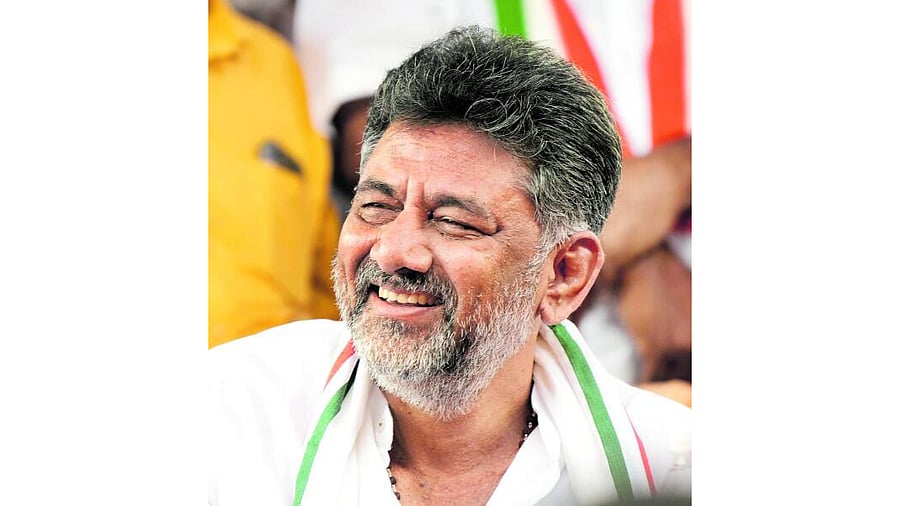
Karnataka Deputy Chief Minister D K Shivakumar
Credit:
Bengaluru: The Institution of Engineers India (IEI) on Wednesday endorsed the proposed 17-km tunnel road between Central Silk Board Junction and Hebbal, arguing that the project is essential to easing Bengaluru’s traffic congestion.
At an event on Ali Askar Road, IEI Secretary M Lakshmana submitted a report to Deputy Chief Minister D K Shivakumar, outlining technical and financial viability of the project.
“We welcome the decision to build a tunnel road. The city’s traffic congestion cannot be cleared without it,” the letter said, pointing to the daily registration of around 3,500 vehicles in Bengaluru and the rapid pace of urban expansion.
Tunnel roads, he said, are not new, citing examples of projects taken up in states such as Himachal Pradesh, Jammu & Kashmir, Arunachal Pradesh and Maharashtra.
“The estimated cost of constructing the Bengaluru tunnel road is Rs 446 crore per km. Since the project is expected to be developed through a public-private partnership, the government’s investment would be negligible,” the letter stated.
The proposed design, it added, allows vehicles to enter and exit from national highways without merging with surface-level traffic.
Calling Bengaluru one of the most congested cities in the world, Lakshmana argued that only tunnel roads or multi-layered flyovers could offer substantial decongestion, and urged the government to adopt data-driven modelling to optimise traffic flow.
“The decision taken by the government is technically correct,” the report concluded.
However, mobility experts remain sceptical. While acknowledging that the project may be technically feasible, they have questioned its necessity, noting that the proposed alignment overlaps with an upcoming metro corridor which can serve more people and has more shelf-life than the tunnel roads.